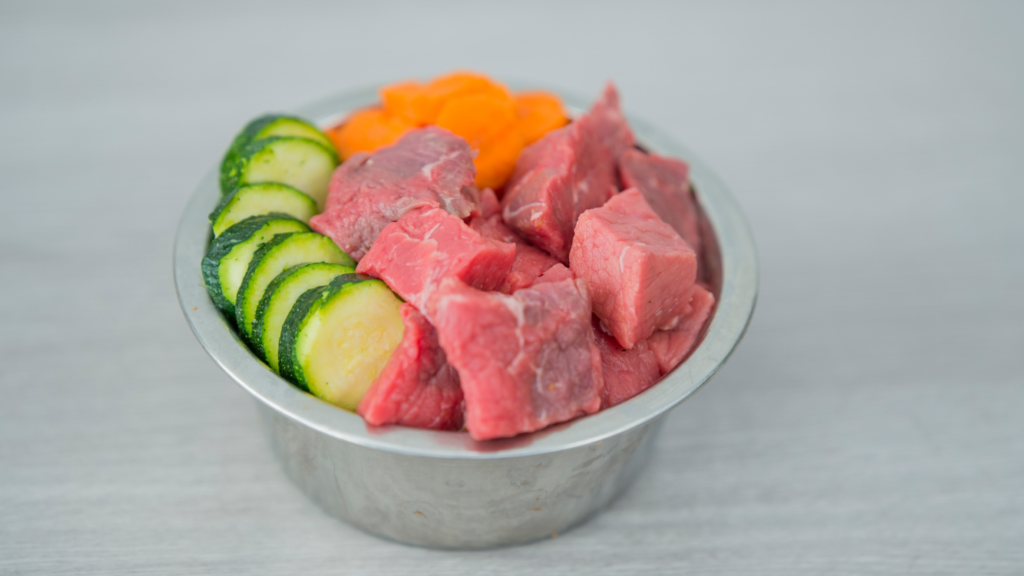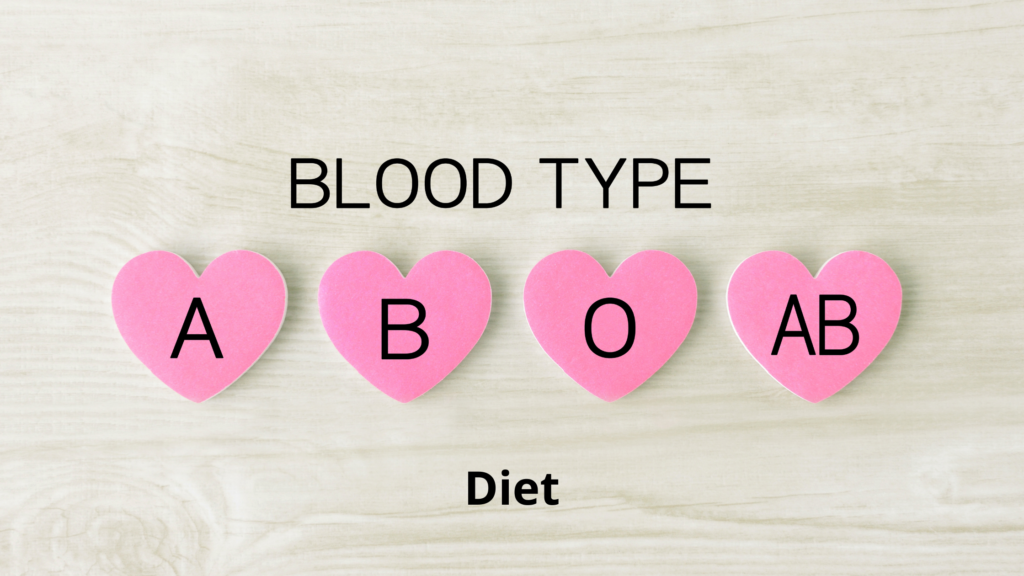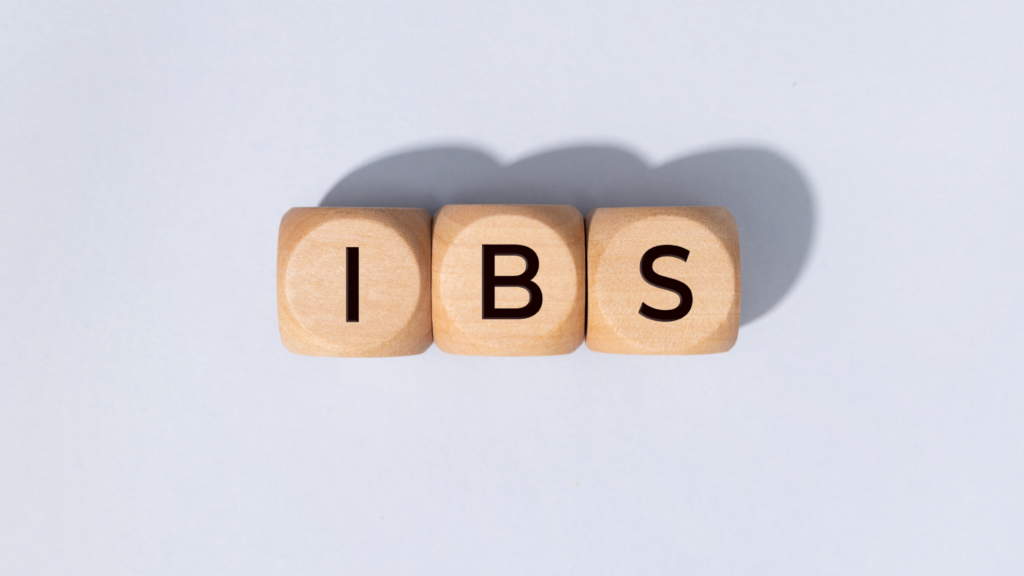
Fad Diets; what are the top 5 weirdest fad diets?
Fad diets have been around for a long time, and they continue to be popular. But do they work? And are they safe?
A fad diet is a diet that usually involves extreme or unproven ways that promise quick weight loss results. They become popular for short periods but are often not based on science and can actually be dangerous.
In this blog post, we will discuss the top 5 weirdest fad diets in existence. To learn what they are, continue reading and find out!
What is the problem with a fad diet?
Fad diets usually promise fast results, but these results are not sustainable, and the diet is often not based on actual science.
Fad diets can be, in fact, dangerous, leading to nutritional deficiencies and other health problems. They can also be hard to stick to, as they often involve making drastic changes to your diet.
In addition, fad diets can lead to yo-yo dieting or more severe eating disorders, which can be dangerous to your health.
To learn more about binge eating and how to stop binging, click here.

the Raw Food Diet
The Raw Food diet is a fad diet that consists mainly of unprocessed and unrefined foods.
Depending on the philosophy or type of lifestyle, Raw Food diets may include a selection of fruits, vegetables, nuts, seeds, eggs, fish, meat, and dairy products.
Raw Food diets are based on the belief that food in its natural state is more nutritious and healthier than processed or cooked food.
Proponents of the Raw Food diet also believe that cooking destroys enzymes and other nutrients that are beneficial to the body.
They claim that the raw food can clear up headaches and allergies, improves arthritis and diabetes, and boosts immunity and cognitive function.

However, there is no scientific evidence to support these claims.
Moreover, there are plenty of drawbacks. Raw Food diets are difficult to sustain and inadequate in many essential nutrients, such as protein, calcium, iron, vitamin B12, etc.
Also, cooking can actually make some foods more nutritious by breaking down plant walls and making certain vitamins and minerals more bioavailable.
In addition, cooked foods are typically safe from bacteria that can cause food poisoning.
For these reasons, it is essential to be skeptical of fad diets like the Raw Food diet and consult with a registered dietitian or your doctor, before trying this diet.

Master Cleanse Diet
The Master Cleanse diet or the Lemonade diet is a fad diet that gained popularity in recent years.
The diet involves consuming only a mixture of lemon juice, water, cayenne pepper, and maple syrup for a period of 10 days.
Proponents of the diet claim that it detoxifies the body and promotes weight loss.
However, there is no scientific evidence to support these claims. In fact, the Master Cleanse diet can be dangerous, as it lacks essential nutrients and can lead to more serious side effects such as dehydration and nutritional deficiencies.
To learn about ways you can lose weight healthily without exercising, click here.

the Blood Type Diet
The Blood Type diet is a fad diet that suggests your blood type can help determine which foods are best for you to eat.
Here is the General Idea behind the Blood Type diet:
- Type A: more vegan meals & plant-based meals.
- Type B: plant-based plus some meat, no chicken or pork, no wheat, no corn.
- Type AB: seafood, tofu, dairy, beans.
- Type O: high protein, fruits, and paleo meals.
The diet claims that eating according to your blood type will help you lose weight, reduce your risk of disease, and improve your overall health.
However, there is no scientific evidence to support these claims.
In fact, the Blood Type diet has been debunked by numerous studies.
Furthermore, following this diet can be costly and restrictive, and it may actually lead to nutritional deficiencies.

The FODMAP Diet
The FODMAP is a diet low in certain sugars that may cause intestinal distress. It is designed to help those who suffer from IBS (irritable Bowel Syndrome).
FODMAP is an acronym that stands for fermentable oligo-, di-, monosaccharides, and polyols. These are types of carbohydrates that are poorly absorbed by the gut.
FODMAP is a three-step elimination diet:
- First, you stop eating certain foods (FODMAP foods: wheat, lactose, fructose, etc.)
- Next, you slowly reintroduce those foods to see which ones are the problem.
- Once you identify the foods that cause symptoms, you avoid or limit them while enjoying everything else worry-free.
While the FODMAP diet has shown to be effective for some, it is essential to remember this diet is very restrictive and should only be used under the supervision of a registered dietitian or doctor.

Liquid Diet
The Liquid diet is a fad diet that requires a person to consume only liquids, typically for a period of 10 days to 2 weeks.
The Liquid diet is not a sustainable or healthy way to lose weight, and It should not be confused with medically-supervised liquid diets used for specific medical conditions.
There are several types of Liquid diets, and they all have one thing in common: they are deficient in calories and nutrients.
This can lead to rapid weight loss, but it is usually just water weight and muscle loss, not fat loss.
In addition, the Liquid diet can cause side effects like dizziness, headaches, lightheadedness, and constipation.
If you are considering trying a Liquid diet, talk to your doctor first to ensure it is safe for you.
If you want to learn more about losing 20lbs in a month, click here.
Takeaway
So, before you jump on the latest fad diet bandwagon, be sure to talk to your doctor about what’s safe and healthy for you. Fad diets are popular for a reason; they promise fast results. But these diets can be too restrictive and even dangerous, and the sustainability of fad diets is questionable at best. So it’s important to talk to a health professional before attempting any fad diet. Thank you for reading!




